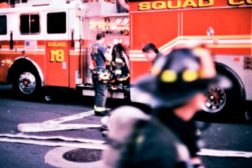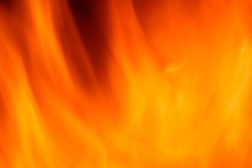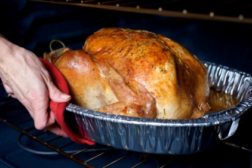Home » Keywords: » home
Items Tagged with 'home'
ARTICLES
Elevated radon levels found in roughly 1 in 15 homes nationwide
Read More
NFPA, USFA team up to “Put a Freeze on Winter Fires”
More fires occur in December, January and February
January 7, 2013
Become a Leader in Safety Culture
Build your knowledge with ISHN, covering key safety, health and industrial hygiene news, products, and trends.
JOIN TODAYCopyright ©2025. All Rights Reserved BNP Media.
Design, CMS, Hosting & Web Development :: ePublishing





